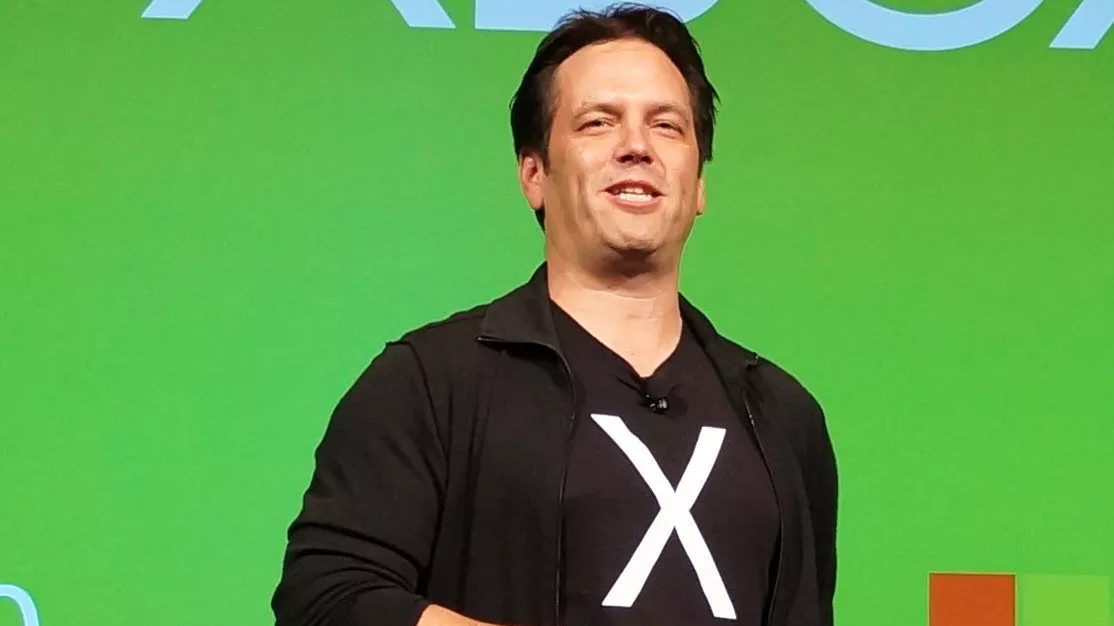Phil Spencer says Keystone was put on ice because it was ‘more expensive than we wanted it to be’

It looks like the only place we’re going to see Xbox’s console-less game streaming device is on Phil Spencer’s shelf. In an interview on The Verge’s Decoder podcast (opens in new tab), the Microsoft Gaming CEO gave a status update on Keystone, the codename for an Xbox game-streaming device, and explained why the company doesn’t plan on rolling it out any time soon.
Spencer told the Verge that Keystone was “more expensive than we wanted it to be when we actually built it out with the hardware that we had inside.” Despite never officially announcing the device, the company shifted its focus away from Keystone to get Xbox Cloud Gaming working on Samsung TVs (opens in new tab) and other devices like the Logitech G Cloud (opens in new tab).
I got a chance to try out the Xbox Cloud Gaming (opens in new tab) via the Xbox App on a new Samsung TV a few months ago and was shocked at how well the games ran.
When asked what would have been the right price for an Xbox streaming stick, Spencer said it would be “somewhere around $129, $99 for that to make sense,” especially if the plan was to ship a controller with it.
Spencer explained that with the Xbox Series S selling for $299, the price difference with the Keystone needed to be significant to provide value for the consumer. While he didn’t go into what made Keystone so expensive, he did say that the “silicon choices we were making at the time of designing just didn’t let us hit the price point that we wanted.”
And as for the device that was spotted on Phil’s shelf in a tweet (opens in new tab) a few months a while back? Turns out it was an early prototype of the Keystone, and he kept it as a reminder of the team’s hard work.
“The reason it’s on my shelf is because the team rolled up their sleeves and in nine months they built that thing. A bunch of us took it home and it worked. It worked really, really well.”
In the same interview, Phil Spencer also commented on the Starfield delay (opens in new tab), saying, “the decision to give the team the time to build the game that they feel they should be building is just the right thing to do.”
Source link




